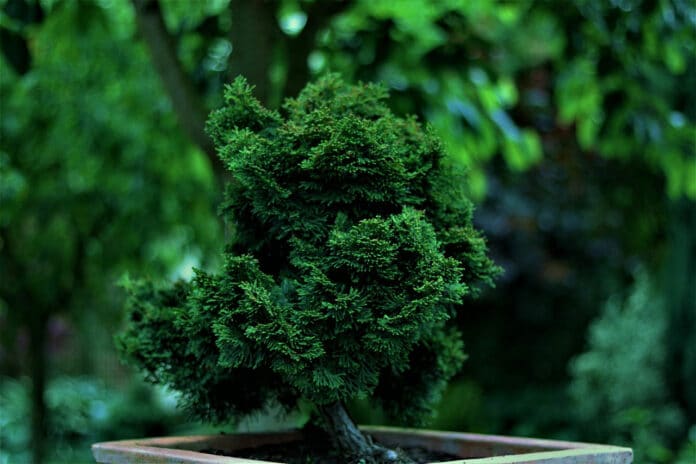Plants are the foundation of life on Earth and a necessity for human survival. Alarmingly, approximately 40% of plant species are in danger of going extinct, with non-human-useful plants especially vulnerable.
The diversity of plants and their undiscovered resources must be urgently protected to ensure our future, but conservation efforts tend to favor mammals and birds. Our propensity to disregard plants is referred to as plant awareness disparity, sometimes known as plant blindness. It has been proposed that this discrepancy is a significant factor in the prejudice against funding and support for plant conservation programs. According to earlier research, nature documentaries can influence audience perceptions of animal species by fostering a sense of connectedness to nature.
A new study supports an earlier study, suggesting that watching nature documentaries makes people more interested in plants, potentially provoking an involvement in botany and ecology.
Scientists noted, “In the past several natural history productions, including Planet Earth II, Blue Planet II, Seven Worlds, and One Planet, made viewers much more aware of the animals on the shows. While scientists cannot draw a clear link between such TV shows and conservation efforts, nature documentaries provide a direct way to reach mass audiences and engage them.”
The study examined whether watching nature documentaries could boost viewers’ awareness of plants and, in turn, their interest in plant conservation projects. They concentrated on the BBC documentary Green Planet, which Sir David Attenborough narrated in 2022.
In the United Kingdom, the program, which was seen by about 5 million people, featured a variety of plant species and highlighted vegetation from tropical rainforests, aquatic environments, seasonal lands, deserts, and urban areas. The show specifically addressed environmental issues by looking at the risks posed by invasive monocultures and deforestation.
By examining people’s online activity around the broadcast, the scientists could see whether Green Planet increased interest in the plants. Then, they recorded which species featured on the program and when each first appeared on the screen. Then, before and after the documentary episodes aired, they retrieved Google Trends and Wikipedia page hits for those same species.
The study’s authors discovered that Green Planet significantly impacted viewers’ knowledge of and interest in the shown plant species. Over 28.1% of search phrases for plants mentioned in the BBC documentary reached their peak popularity in the UK during the week after the relevant episode’s airing, according to data from Google Trends.
Data from Wikipedia also supported this. The week following the broadcast, traffic to nearly a third (31.3%) of the Wikipedia sites devoted to the plants described in Green Planet increased. The researchers also point out that consumers were more likely to do online searches for particular plants that appeared on Green Planet more frequently.
The lead author, Joanna Kacprzyk, said, “I think increasing public awareness of plants is essential and fascinating. In this study, we show that nature documentaries can increase plant awareness among the audience. Our results also suggest that the viewers found certain plant species particularly captivating. These plants could be used for promoting plant conservation efforts and counteracting the alarming loss of plant biodiversity.”ord Unive
Journal Reference:
- Joanna Kacprzyk, Stephanie Clune, Clare Clark, Adam Kane, et al. Making a greener planet: nature documentaries promote plant awareness. Annals of Botany. DOI: 10.1093/aob/mcac149
